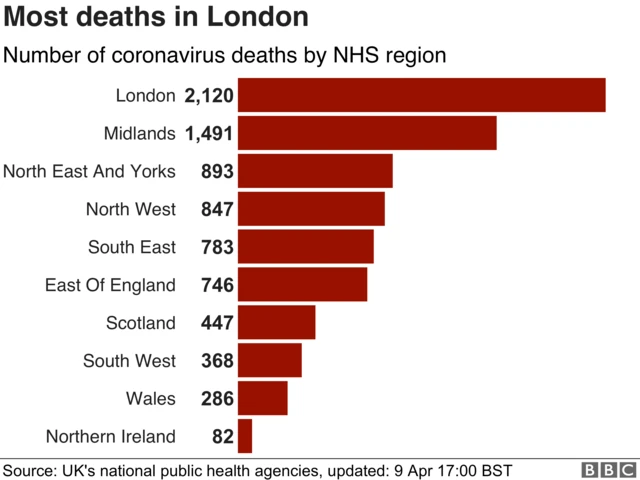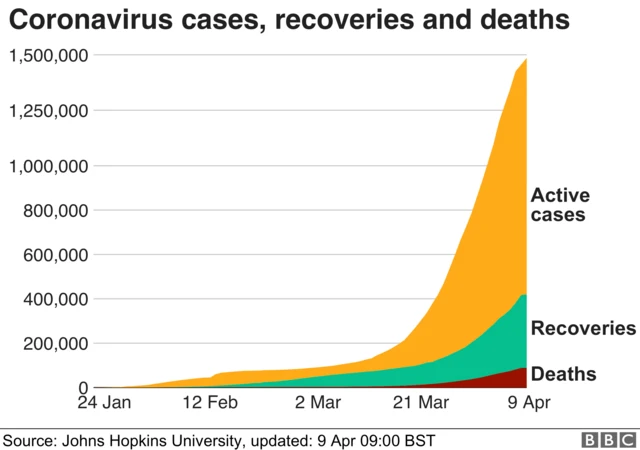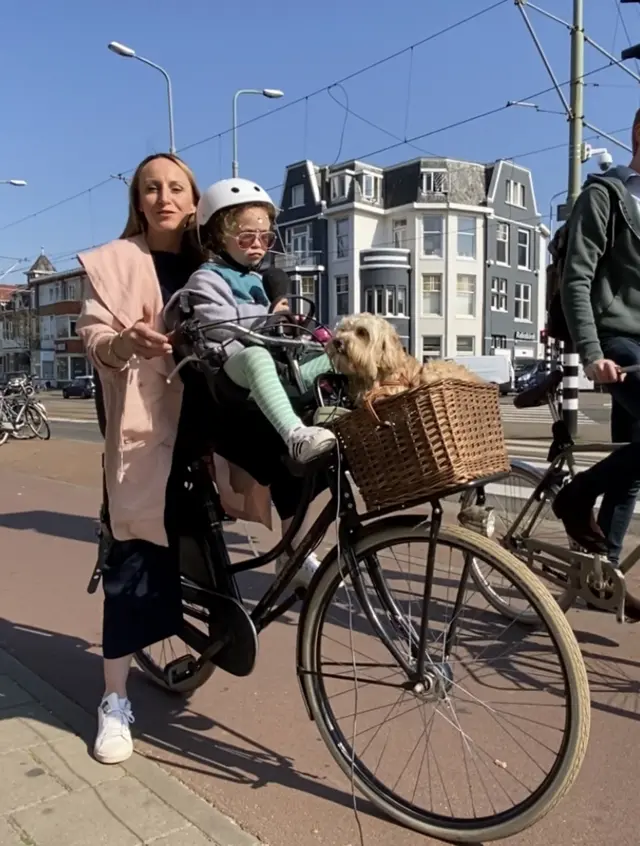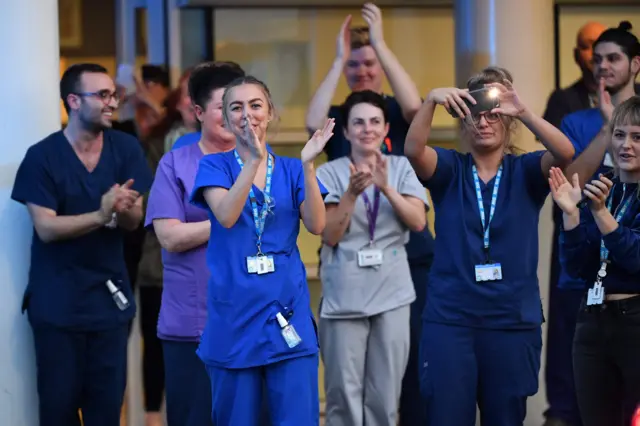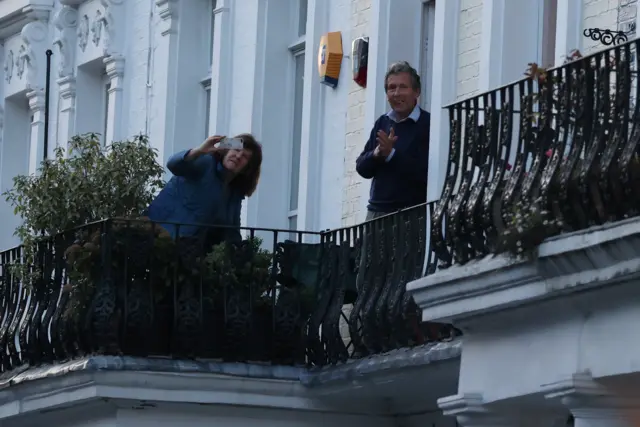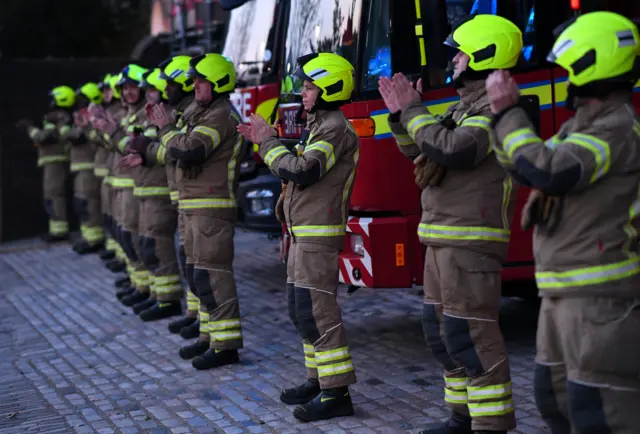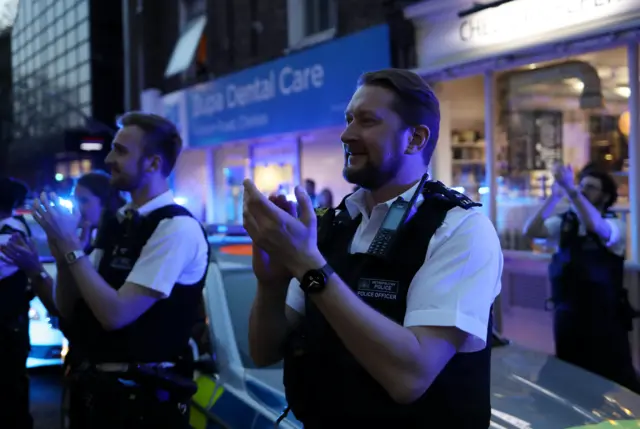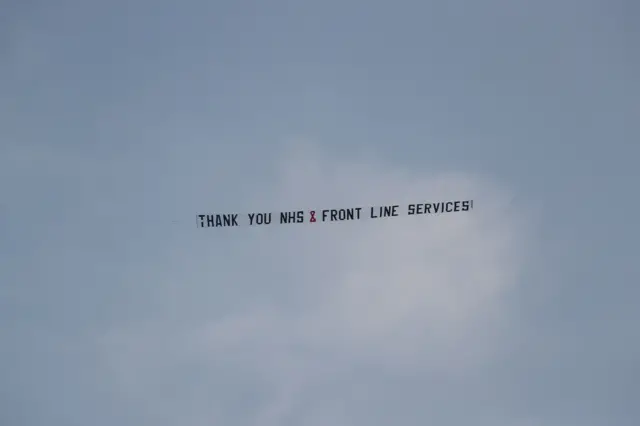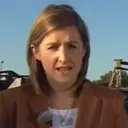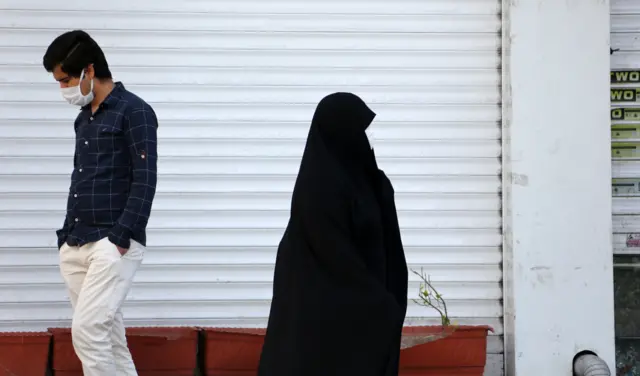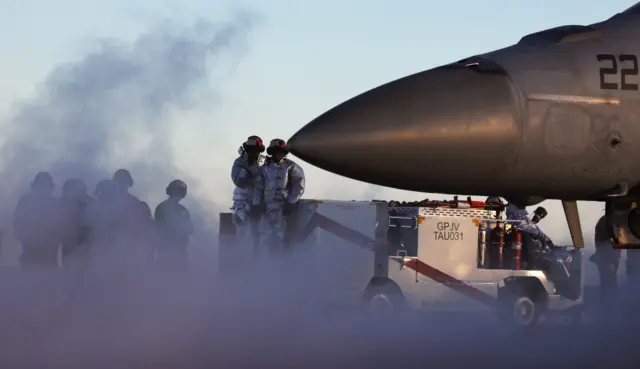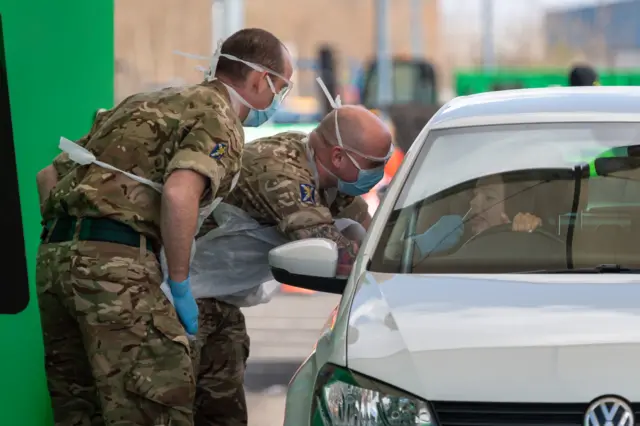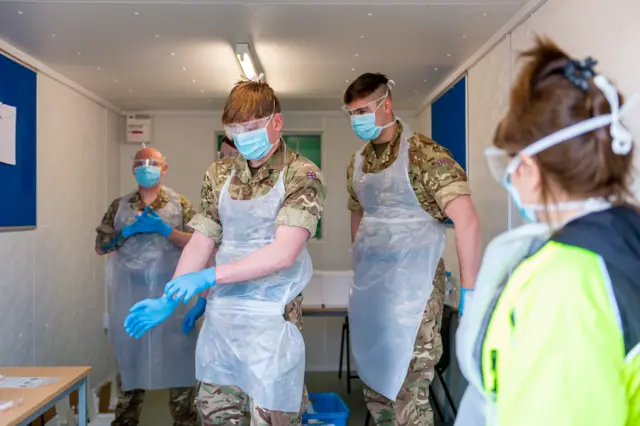Four more deaths in NI - but why don't the UK figures add up?published at 21:04 BST 9 April 2020
Northern Ireland reported four deaths of people who tested positive for coronavirus today, bringing its total to 82.
But you may notice something odd when you add up all the reported figures from the nations in the UK: they don't add up to the figure given by Foreign Secretary Dominic Raab.
England reported 765 deaths, Scotland 81, and Wales 41. With Northern Ireland, that makes a total of 891, compared to the 881 given by Mr Raab.
The answer is simply that each nation submits its latest total by a set deadline for the UK figures. But sometimes they continue to update their own daily total, giving a different number from the headline UK-wide figure.
It brings the total number of confirmed coronavirus deaths in the UK to 7,978 since the first one was reported on 5 March.
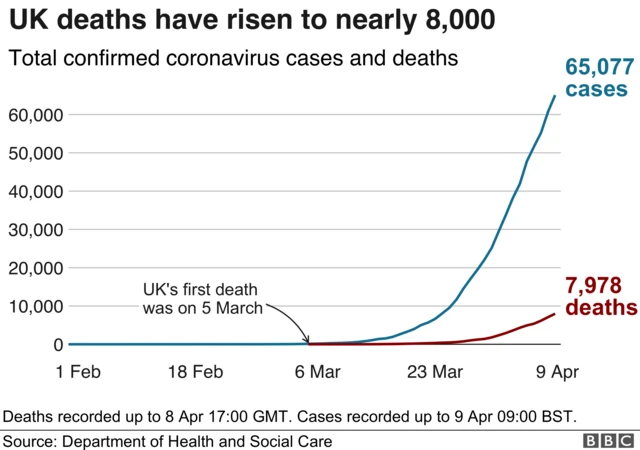
London has suffered the largest number of deaths, followed by the Midlands.
